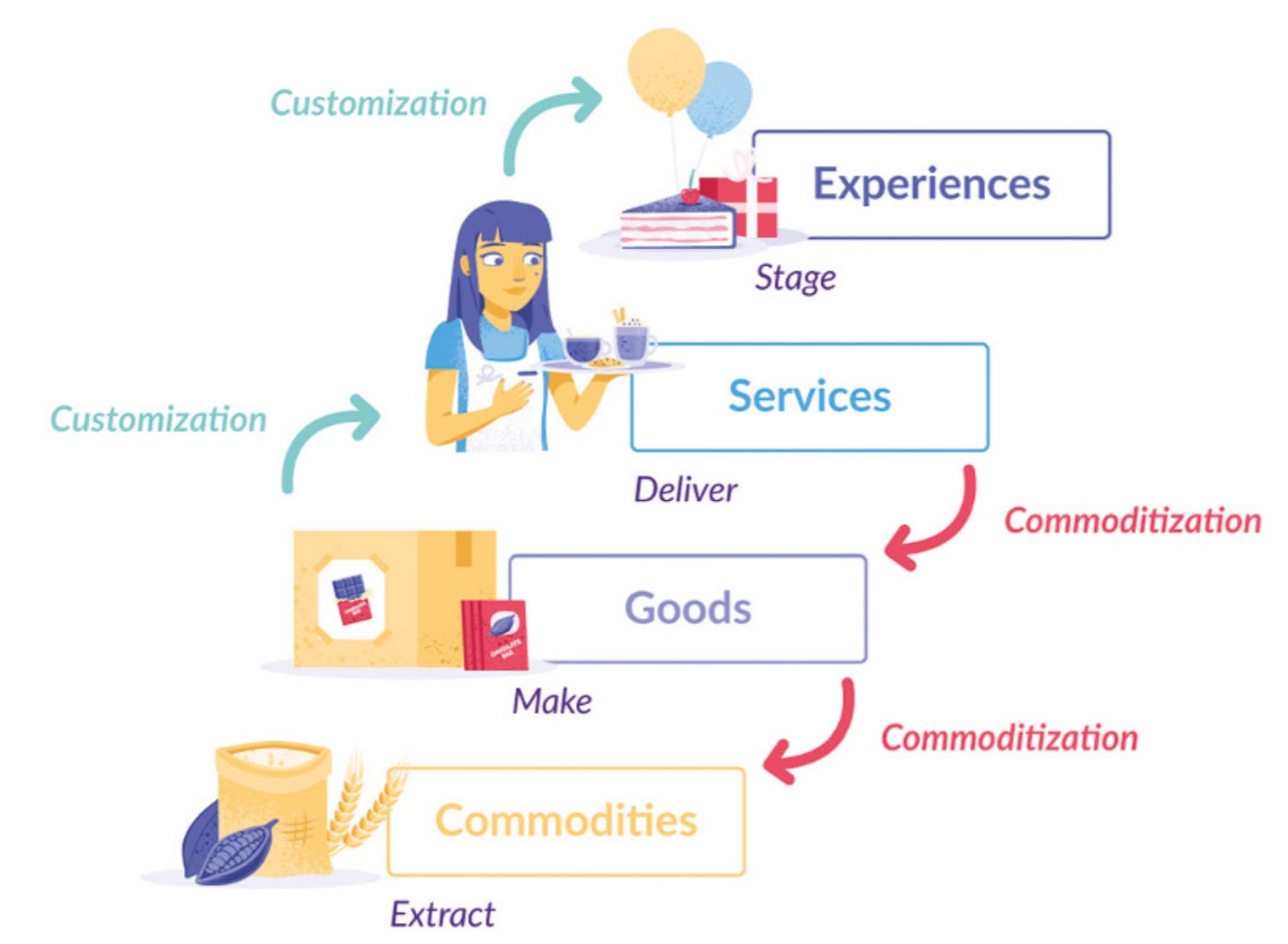Last week, I talked about the shift towards commoditization that we’re seeing in the retail space today. But, not all retail will become commoditized. Branding is still important, and some categories are too emotional to ever be commoditized. So, what is the opposite of commoditization?
Personalization. On the other end of the spectrum from the Amazons and Walmarts of the world, we are seeing a flurry of retailers and brands emerging offering curated assortments of products and services personalized to their customer’s preferences.
If you know what you want to buy, you go to Amazon or Walmart for the convenience factor. But what do you do if you have no idea what you want or even need? There is too much information and are too many products available for the average consumer to sort through on their own. So, retailers and consumers alike are turning to algorithms to aid in this discovery process.
We’re seeing growth in the personalization sector from clothing retailers such as Stitch Fix and Thread to personalized haircare brands such as Prose and Function. Individuality is permeating every industry, but it will likely have an outsized impact on consumer products such as clothing, beauty, and accessories as in-store shopping is viewed as inconvenient and a potential health risk and traditional eCommerce is cumbersome and inefficient.
Discovery Driven Digital Transformation
Technology will play a critical role in this newly personalized world with algorithms at its core. Brands and retailers are capturing and utilizing customer data now more than ever, and the brands that can leverage that data to create a more meaningful connection with their customers through personalization will thrive.
The most interesting piece of this is the deeply entrenched business-to-customer relationship that this data collection and algorithm relationship creates. These personalized algorithms learn from consumer purchasing behavior and deliver tailored recommendations based on each interaction. Continued interaction with the algorithm will only make the personal recommendations more accurate and thus will further encourage use.
Think TikTok for everything.
In this type of business, the barriers to entry become so high because it’s impossible to recreate the millions of human-algorithm interactions.
Shopify is one of many retailers that is doing an exceptional job at driving personalization through their new app, Shop.
“Shop drives rediscovery of your brand through in-app recommendations that circle customers back to your store. A user’s Shops tab acts as a personalized shopping feed that populates with product picks, special deals, and new arrivals based on their purchase history and the brands they follow on Shop.”
We’ve seen the reinvention of the discovery process disrupt many industries; travel, social media to name a few. I believe that retail is next. Reimagining the discovery process is within retail will be the key to success in the future.
1. The New Normal
-
Background: Amidst widespread controversy and confusion around the wearing of masks, retailers are taking a bold stance to protect the health and safety of their employees and customers.
-
Details: More than 54,000 stores across the country now require masks upon entry. Large retailers like Target, Walmart, and Walgreens are doing everything they can to make their shopping environments safe to avoid a potential second shut down, even if it means alienating clients.
Retailer’s Struggle with Revenue
-
Background: ECommerce is typically margin dilutive to most retailers and this extra cost is offset by more lucrative in-store purchases. Online purchases can cost up to 10-15% more than in-store purchases, driven by marketing, fulfillment, and shipping.
-
Details: Many retailers, such as Macy’s, Target, who’s online business is such a small portion of their overall sales, are struggling to offset the huge losses incurred by the recent rise of eCommerce.
2. Continued Tech Innovation
-
Background: Amazon has been growing its physical footprint following their 2017 acquisition of Whole Foods, and is quickly attempting to reinvent the space. Smart shopping carts are another attempt by the company to add convenience and reduce friction in the buying process.
-
Details: The new “Amazon Dash Carts” uses computer vision and sensors to scan items in your cart. The technology is currently available at their Go Grocery store in Seattle and is expected to arrive at stores in LA and Chicago later this year.
-
Background: Not to be outdone by their arch-rival Amazon, Walmart is making another big investment in Indian e-commerce giant Flipkart. The investment round puts $1.2 Billion in new cash into Flipkart at a $24.9 Billion dollar valuation.
-
Details: Flipkart has been on an absolute tear with monthly active customers growing 45% in the financial year that ended March 2020. However, despite India being a huge market with 1.35 Billion people, both Amazon and Flipkart have had their struggles gaining a foothold in the country where physical retail still comprise the vast majority of the market.
-
Background: With COVID driving massive user growth, Zoom is launching hardware options. Customers who use Zoom Rooms and Zoom Phones can now acquire hardware made specifically for the work from home crowd.
-
Details: Zoom’s new hardware offering is said to be priced at around $599 and is easy to install in your own home. The at-home product is highly personalized, allowing for a streamlined experience as contacts and calendars sync to the device.
Other News This Week:
Follow me on Social!
Xoxo Jackie

Recent Comments